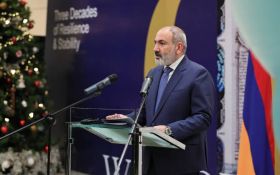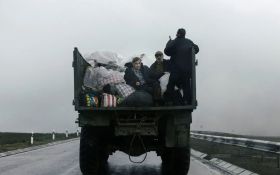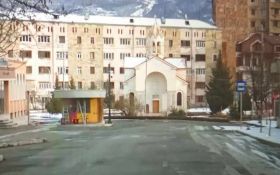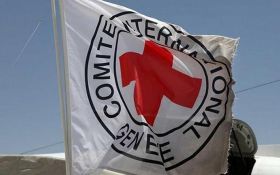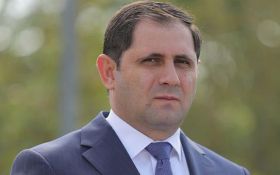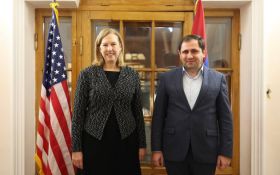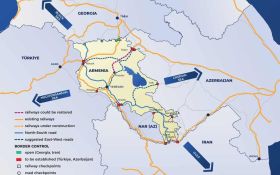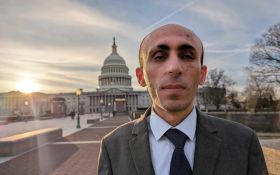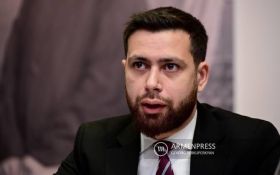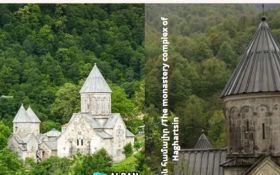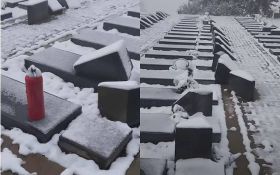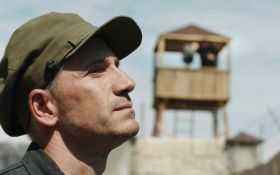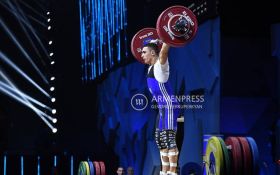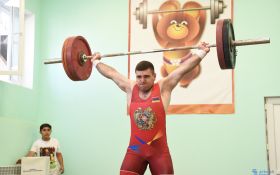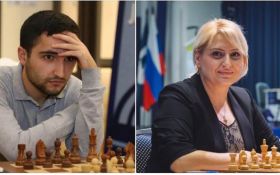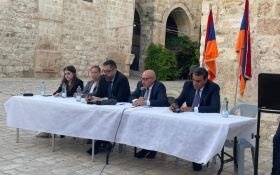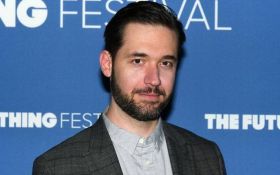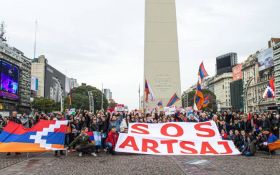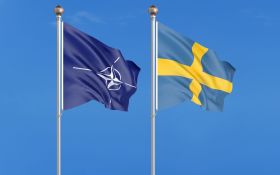A small quarrel broke out between the German film director of Turkish origin Fatih Akin, who had recently introduced the movie “The Cut” dedicated to the issue of the Armenian Genocide, and the former German MP of Turkish origin Hakkı Keskin.
Quarrel on Armenian Genocide brakes out between Fatih Akin and former Turkish MP
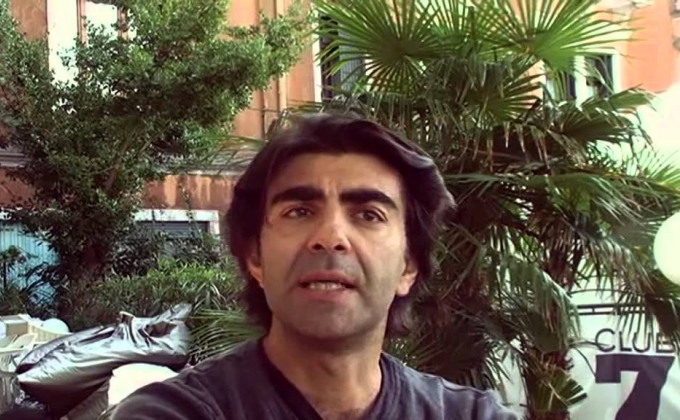
Fatih Akin demanded from Hakkı Keskin to remove his name from Keskin’s email list. Among other things, Fatih Akin underscored: “I don’t want to receive Your statements of political nature contrary to my will. I qualify the 1915 events as Genocide. I have a feeling that I am forced to send You an answer like this for Your own standpoints and letters sent to me without my desire. I guess You know about “The Cut” and its content. Probably You’re also aware about my viewpoints published in the media. I don’t share Your opinion.”
The story offers a window onto the Armenian genocide which started in 1915 and led to the death of 1.5 Million Armenians and consequently their displacement across the world.
The story follows Nazaret Manoogian, an Armenian blacksmith played by Tahar Rahim, who is separated from his family when he is forced into labor for the Ottoman Empire. He survives the mass killings but loses his ability to speak and begins to search for his family members who he learns were on a death march. When he finds out that his daughters are alive, he resumes his journey searching for his daughters once again.
Armenians weren’t just slaughtered; they were chased, starved, raped and sold as property. The film depicts instances of these atrocities, for example, we watch a death march passing before a labor camp, and bandits target and rape a woman in front of the laborers and soldiers, and soldiers protected the bandits from the laborers who thought of stopping the rape. We are taken to a camp after a death march where people are begging to die to end their misery. It is in these atrocious details that we can see what a genocide means, not as whole but to an individual who has to deal with the aftermath.
Yet with all that comes the story of survival in the face of all the ugliness in the world, the survival through a dream, and the love of a father for his daughters. Survival through finding friendships in the least expected places. The Cut is not primarily about the killing of Armenians during the genocide, but rather their survival after. It is a tale about one man’s journey and his search for a home having been deprived of one.




